|
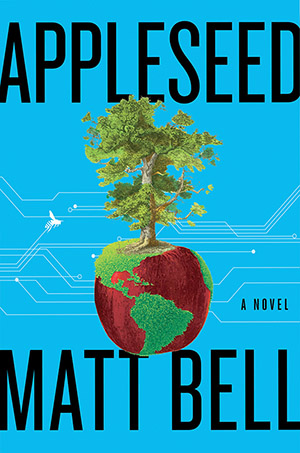 |
Appleseed: A Novel
By Mark Bell
Custom House, 2021, 480 pages
If literary “cli-fi” (science fiction on climate change) sounds like an exciting beach read, you won’t want to miss Appleseed. This genre-bending mix of myth, history, and future-tech recalls the work of Neal Stephenson in its epic scope and apocalyptic premise, stretching from early 19th century America to late 21st-century global hypercapitalism and beyond. The three stories of a pair of orchard-planting brothers, an eco-activist, and the mysterious chimera named C-433 are masterfully interwoven, blending the folklore of Johnny Appleseed with Greek myth, a sci-fi thriller, and a powerful warning about the climate catastrophe already underway. |
|
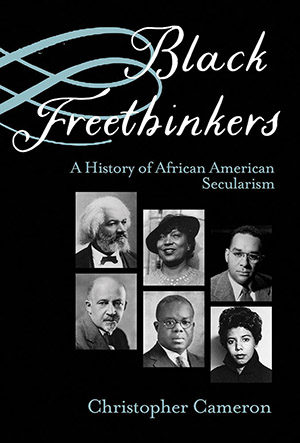 |
Black Freethinkers: A History of African American Secularism
By Christopher Cameron
Northwestern University Press, 2019, 257 pages
Christopher Cameron, author and history professor, explores the religious skepticism abundant in African American communities throughout US history, espoused by slaves and political and cultural figures alike who were unable to accept that a loving god would allow the kind of injustice they witnessed. The book explains how central freethought was to the Harlem Renaissance, the growth of Black socialism and communism, the civil rights movement, and the Black Power Movement. Cameron includes a wealth of sources including slave narratives, memoirs, letters, novels, and the contributions of Black thinkers. |
|
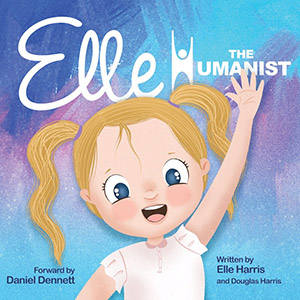 |
Elle the Humanist
By Elle Harris and Douglas Harris, with a
foreword by Daniel Dennett
Label Free Publishing, 2020, 24 pages
Do you want to teach your young children about humanism? This is a beautifully illustrated children’s book presenting humanist ideas and ethics in a way that’s warm, welcoming, and accessible for young readers. Also, check out the Stardust series of children’s books by Elle’s older sister Bailey. |
|
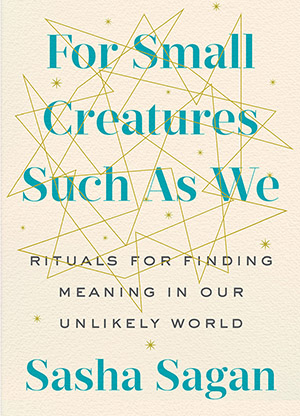 |
For Small Creatures Such as We: Rituals for Finding Meaning in Our Unlikely World
By Sasha Sagan
G.P. Putnam’s Sons, 2019, 285 pages
When she became a mother, Sasha Sagan—the daughter of famed astronomer Carl Sagan and writer/producer Anne Druyan—began a search for meaningful rituals that don’t depend on a religious framework so she could mark significant occasions with her family. The result is this book, a moving tribute to a father, a newborn daughter, a marriage, and the natural world. It’s a celebration of life itself and the power of family. |
|
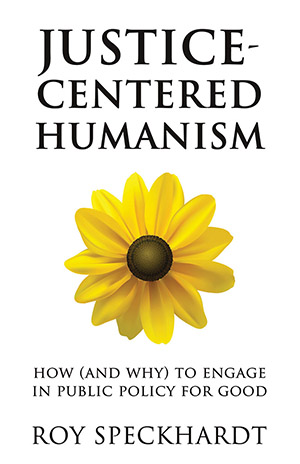 |
Justice-Centered Humanism: How (and Why) to Engage in Public Policy for Good
By Roy Speckhardt
Pitchstone Publishing, 2021, 193 pages
Well, we have to recommend this one—but we’re also proud to do it! The second book from the American Humanist Association’s Executive Director Roy Speckhardt, Justice-Centered Humanism, expands on his earlier book about putting humanism into practice. Speckhardt calls for humanists everywhere to center justice in their humanism by promoting public policy based on humanist principles. Read Leon Seltzer’s full review later in this issue. |
|
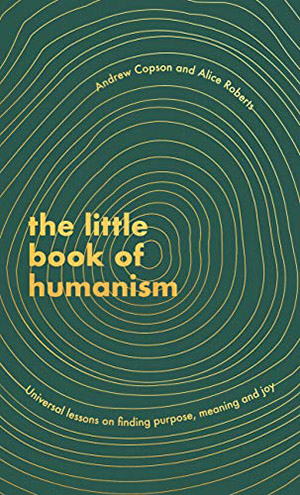 |
The Little Book of Humanism: Universal Lessons on Finding Purpose, Meaning and Joy
By Alice Roberts and Andrew Copson
Piatkus, 2020, 278 pages
This book is a wonderful compilation of stories, quotes, and meditations that share over two thousand years of humanist wisdom about how to live an ethical and fulfilling life, grounded in reason and humanity. Written by Andrew Copson (Chief Executive of Humanists UK and President of Humanists International) and Alice Roberts (President of Humanists UK and an evolutionary biologist, author, and broadcaster), the book offers a wonderful introduction to humanism along with beautiful illustrations. |
|
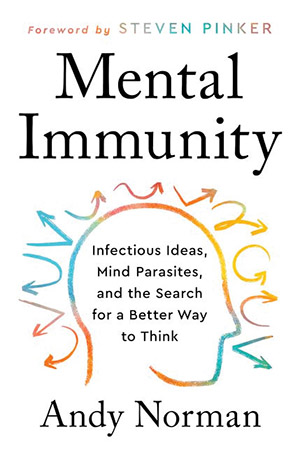 |
Mental Immunity: Infectious Ideas, Mind Parasites, and the Search for a Better Way to Think
By Andy Norman
Harper Wave, 2021, 386 pages
In his new book, humanist philosopher Andy Norman asks questions like: Why are ideologies poisoning public discourse? Why is extremism on the rise? Why do people reject science and believe online conspiracy theories? How did we get here, and what can we do about it? He concludes that some influential assumptions are suppressing our culture’s “immune response” to dangerous ideas. These assumptions prevent us from normalizing critical thinking and leave us vulnerable to epidemics of unreason. The book looks at the root causes of mass irrationality, and argues that we can inoculate minds against unhinged thinking. |
|
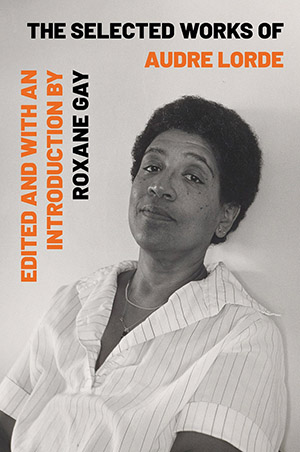 |
Selected Works of Audre Lorde
Edited and with an introduction by Roxane Gay
W.W. Norton & Company, 2020, 384 pages
This collection has been described as “a definitive selection of Audre Lorde’s ‘intelligent, fierce, powerful, sensual, provocative, indelible’ prose and poetry for a new generation of readers.” Lorde was one of the twentieth century’s most important voices, bravely addressing injustices of racism, sexism, classism, capitalism, heterosexism, and homophobia. Roxane Gay—one of today’s most important thinkers and writers on race and gender—pulls together some of Lorde’s most seminal essays and poetry on intersectional feminism, queer theory, and critical race studies to celebrate her important legacy. |
|
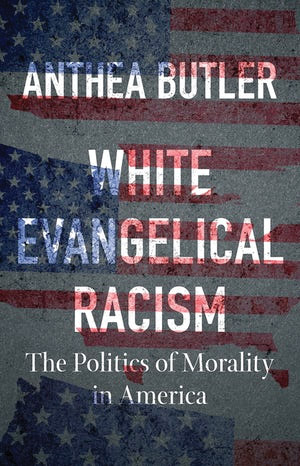 |
White Evangelical Racism: The Politics of Morality in America
By Anthea Butler
The University of North Carolina Press,
2021, 168 pages
Professor and blogger Anthea Butler’s first book examined Sarah Palin’s religious roots and their effect on her politics. Her newest book, released in February, looks at the strikingly unified and powerful role White Evangelicals are playing in our current poisonously divided political scene—and how that role builds on the history of racism and religion since our nation’s founding. From the use of scripture to defend slavery and to deny the vote to Black people during Reconstruction and Jim Crow, through to the use of religion to oppose racial equality and civil rights. Evangelicals’ racist history festers today, splits America, and, Butler cogently argues, requires a reckoning now. |










